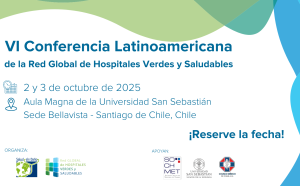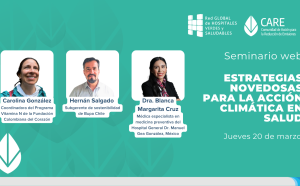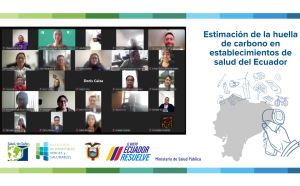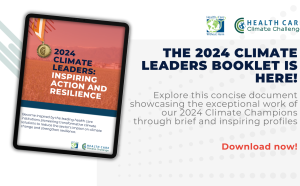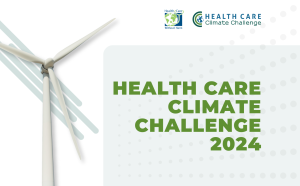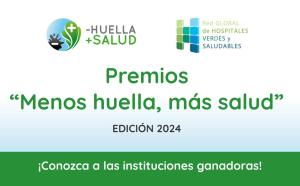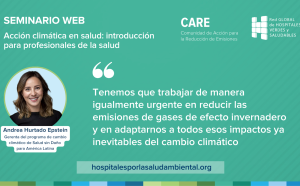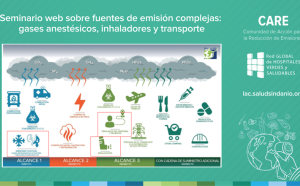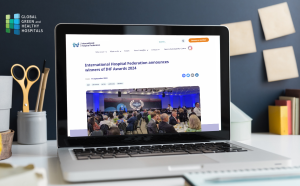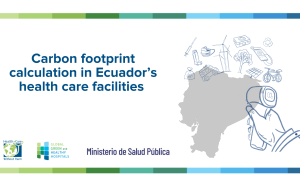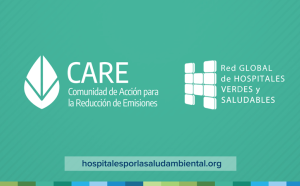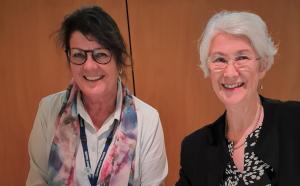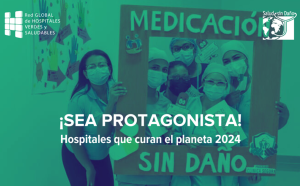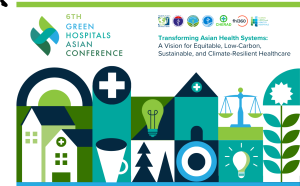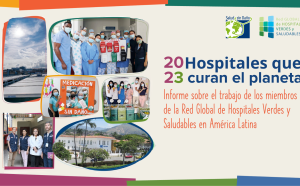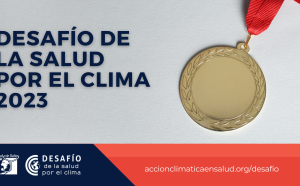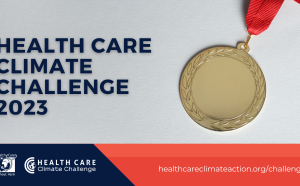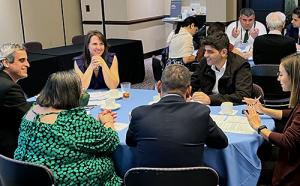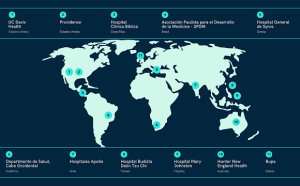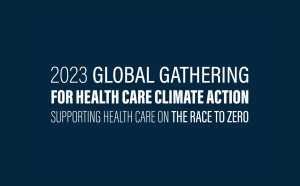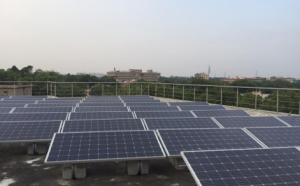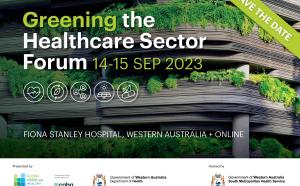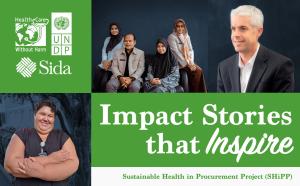As our 10-Year Health Care Climate Challenge campaign continues, we are proud to spotlight another outstanding leader in climate action: the Western Cape Department of Health and Wellness, in South Africa. Their dedication to sustainable health care serves as a powerful example for the African region and the world.
The Western Cape Department of Health and Wellness has demonstrated a long-standing commitment to environmental stewardship, evidenced by its consistent track record in the Health Care Climate Challenge. It was awarded its first Gold Leadership award in 2016 and, since then, it has received a total of 13 prizes, showcasing its progress and dedication.
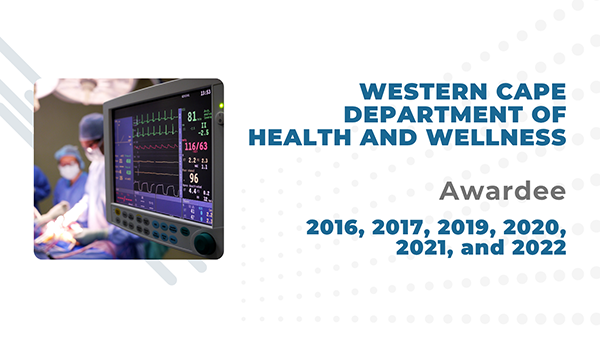
The institution was part of the first cohort to join Race to Zero in 2021, and the first organization in Africa to sign up for the initiative, underscoring its commitment to sustainability in the health care sector.
“Western Cape is also the first provincial health department with an appointed Deputy Director on Climate Change and Utilities, who is setting up the Climate Change unit and finalizing the Department’s Race to Zero climate change action plan, informed by the Global Green and Healthy Hospitals agenda,” says Laura Angeletti-Du Toit, Chief Director of Facilities and Infrastructure Management of the institution.
Some of the projects in the Race to Zero Climate Change Strategic Plan include:
- Implementation of the Energy Savings Initiatives at four hospitals. Since the inception of this program in 2022, the Department:
- Saved enough energy to power over 20,000 homes for a year,
- avoided carbon emissions equivalent to more than 560,000 trees saved, and,
- generated savings equivalent of more than 610,000 US Dollars.
- Installation of solar photovoltaic panels in two hospitals, and in the process of expanding to two more facilities. These panels will allow for improving energy efficiency and reducing scope 2 carbon emissions. The Department intends to expand this program to 12 provincial hospitals and rural primary health care clinics this year.
For Chris Maud, Chief Electrical Engineer at the Department, “these projects not only reduce the environmental footprint of facilities but also contribute to cost savings and improved service delivery.”
In addition to the initiatives aimed at reducing emissions, the Western Cape Department of Health and Wellness implemented different sustainability initiatives featuring practical and innovative solutions. Initiatives as the autoclave water and energy recovery facility and rain water harvesting demonstrate its commitment to resource efficiency and resilience. All the case studies are available on GGHH Connect for members of the Network.
The Western Cape Department of Health and Wellness's commitment to sustainable health care inspires us to strive for excellence and innovation. We celebrate their accomplishments and look forward to sharing more stories of leadership and transformative action throughout this campaign!



